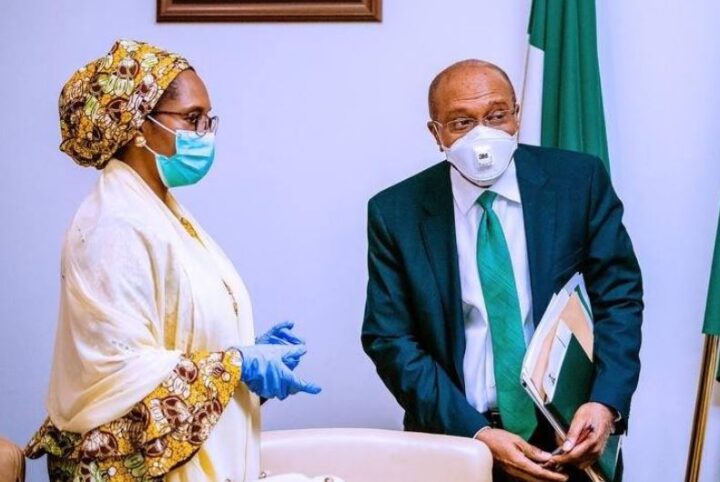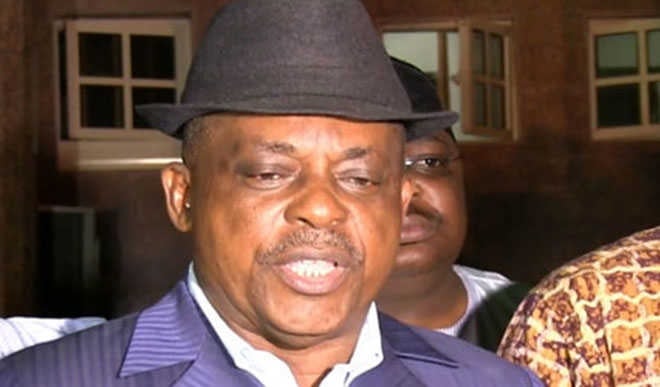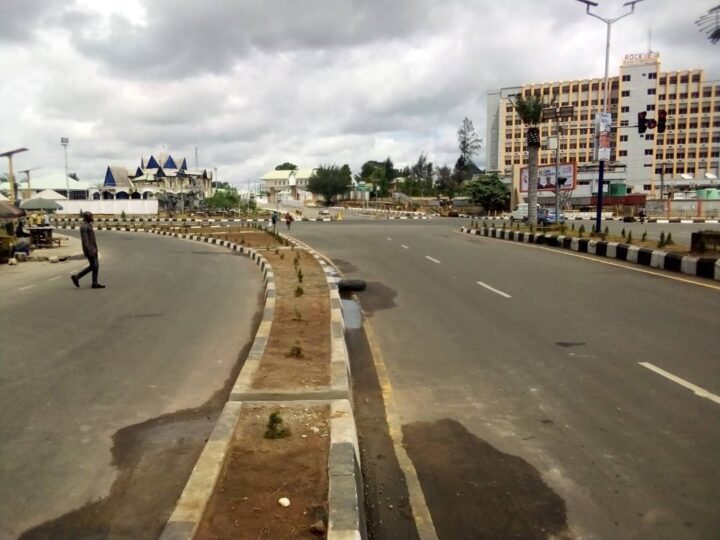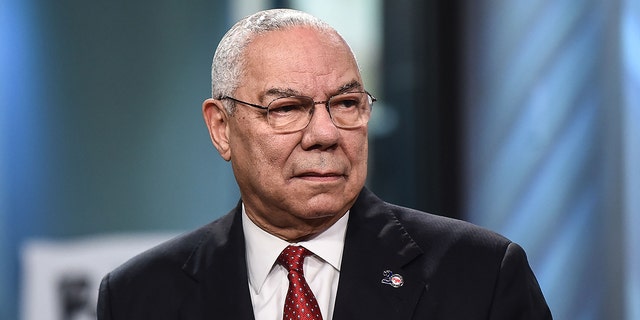Zainab Ahmed, minister of finance, budget and national planning, says the fiscal authority ministry is working with the Central Bank of Nigeria (CBN) to close the gap between the official and unofficial exchange rates.
The national currency is changing for N411/$ at the official segment of the market and N570/$ at the parallel market.
Many believe the parallel market rate is a reflection of its true value.
TheCable had reported that Vice-President Yemi Osinbajo called on the CBN to allow the naira reflect the realities of the market.
Advertisement
Osinbajo had said the exchange rate is artificially low and deterring investors from bringing foreign exchange into the country.
While speaking during an interview with Bloomberg TV, on Friday, Ahmed said the government is focused on improving foreign exchange inflows.
She said that with the Dangote Refinery set to begin operation in 2022, the country would be able to save about 30% of its present current foreign exchange (forex) expenditure on imports.
Advertisement
She also said that the country would earn forex through petroleum product sales to foreign countries.
“It is our desire to be able to reduce the gap between the unofficial market rate and the official market rate. We are working with the central bank to do that,” she said.
“Again, what we have to do is to improve the sources of foreign exchange earnings. Right now, the predominant source is oil and gas.
“When oil and gas revenues are not coming as we projected or when we have huge expenditure in terms of subsidy, we have the problem of supply not being able to meet demand.
Advertisement
“Like I explained earlier on, with a saving of up to 30 percent of forex expenditure with the removal of the need to buy PMS from out of the country, we will have more FX to meet demand.”
Also speaking on the surge in crude oil prices, Ahmed said: “The high price of oil means that we would be able to earn more revenue. At $85 per barrel is way above the $40 per barrel we have on our 2021 fiscal projections.”
“But we also have the challenge of having to buy petroleum products for use in-country, because we do not have functional refineries. So that eats into the revenues we would have otherwise realised.”
The minister noted that although revenues were growing, expenditure grew at a much faster rate.
Advertisement
“So, we do have a revenue problem. And we are working to curtail expenditure by being able to limit agencies’ expenditure to 50 percent of their revenues,” she said.
She blamed Nigeria’s high debt service to revenue ratio on the large expenditure base of the country.
Advertisement
“Our debt service to overall revenue is high because we have a very large expenditure base,” she added.
“We have a large proportion of our budget dedicated to payroll, and Mr President had decided from the beginning of his administration that we were not going to disengage staff.
Advertisement
“So, you have to pay salaries, you have to pay pensions. And also, we have to fund the other arms of government, which are the judiciary and the legislature.”
Given the success of the country’s last bond, the minister said the country could approach the foreign capital market again this year.
Advertisement
1 comments







crazy government can not refine oil ,only in africa and nigeria where corruptions and poverty reigns you will see this excuses